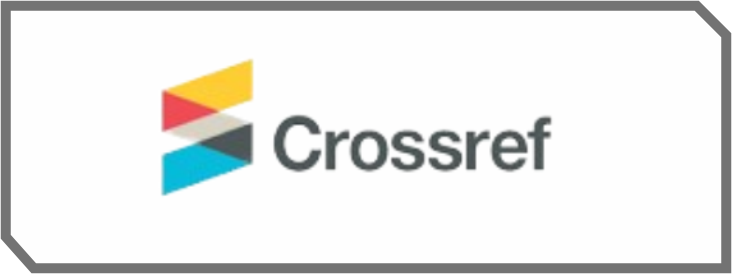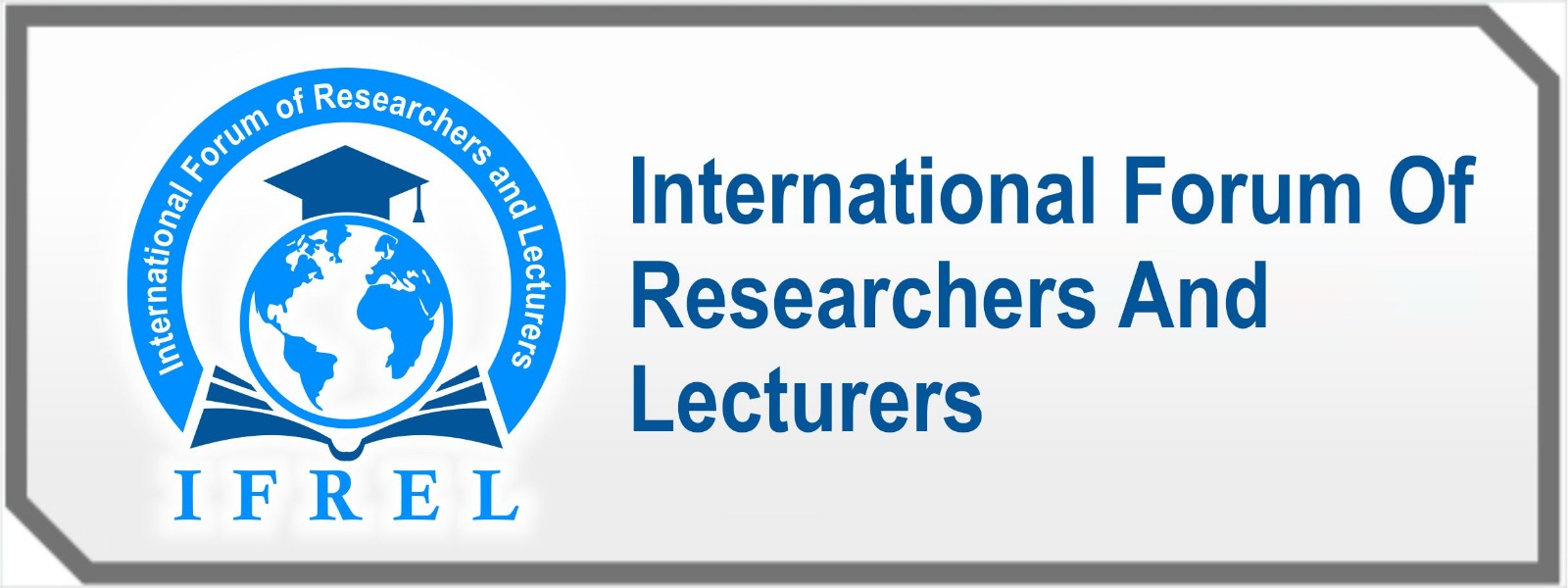Building a Sustainable Maritime Workforce: The Role of Leadership and Education in Enhancing Safety and Environmental Responsibility
DOI:
https://doi.org/10.70142/kbijmaf.v2i1.271Keywords:
Maritime Sustainability, Vocational Education, Workforce Development, Leadership, Environmental ResponsibilityAbstract
Sustainability is becoming a critical focus within maritime education, leadership, and workforce development as the industry adapts to evolving environmental regulations and safety imperatives. This research explores the integration of sustainability principles in maritime training programs and leadership frameworks, addressing gaps in workforce development and the application of sustainable practices. The study provides original insights by examining qualitative perspectives from maritime professionals, educators, and graduates, complementing previous research by offering empirical evidence on sustainability in vocational education. The primary objective was to investigate how sustainability is embedded within maritime education and leadership, focusing on its role in fostering safety cultures and environmental responsibility. The research employed a qualitative approach, combining systematic literature review (SLR) with interviews and questionnaires involving ten maritime stakeholders. The results indicate a strong alignment between sustainability goals and educational frameworks, with leadership emerging as a key driver of sustainable practices. While overall scores reflect significant progress, the findings highlight areas for enhancing workforce development, particularly in reinforcing environmental responsibility. The study underscores the importance of leadership in shaping sustainable organizational cultures and advocates for more comprehensive, sustainability-focused curricula in maritime vocational programs. The conclusions emphasize the need for greater collaboration between educational institutions and industry leaders to ensure cohesive progress in sustainability adoption. This research contributes to shaping a future maritime workforce that is technically proficient, environmentally conscious, and safety-driven.
References
Agrifoglio, R., Cannavale, C., Laurenza, E., & Metallo, C. (2017). How emerging digital technologies affect operations management through co-creation: Empirical evidence from the maritime industry. Production Planning & Control, 28(16), 1298–1306.
Autsadee, Y., Jeevan, J., Mohd Salleh, N. H. Bin, & Othman, M. R. Bin. (2023). Digital tools and challenges in human resource development and its potential within the maritime sector through bibliometric analysis. Journal of International Maritime Safety, Environmental Affairs, and Shipping, 7(4), 2286409.
Baş, M., Er, I. D., Çiçek, I., & Sağ, O. K. (2002). ITUMF Maritime English Education & Training Model.
Baylon, A. M., & Santos, V. (2011). The challenges in Philippine maritime education and training. International Journal of Innovative Interdisciplinary Research, 1(1), 34–43.
Booth, A., James, M.-S., Clowes, M., & Sutton, A. (2021). Systematic approaches to a successful literature review.
Bush, T. (2020). Theories of educational leadership and management.
Castleberry, A., & Nolen, A. (2018). Thematic analysis of qualitative research data: Is it as easy as it sounds? Currents in Pharmacy Teaching and Learning, 10(6), 807–815.
Christodoulou-Varotsi, I., & Pentsov, D. A. (2008). The STCW Convention and related instruments. In Maritime Work Law Fundamentals: Responsible Shipowners, Reliable Seafarers (pp. 422–639).
Clark, L. (2022). How can critical thinking be recognised and developed in students that are still developing tertiary-level English language proficiency? In Advancing Scholarship and Research in Higher Education (Vol. 3, Issue 1). Higher Education Research and Development Society of Australasia Inc. https://doi.org/10.59197/asrhe.v3i1.6739
Demirel, E. (2020). Maritime education and training in the digital era. Universal Journal of Educational Research.
Domingues, F. C. (2013). 907 Maritime History and Maritime Archaeology. In B. Ford, D. L. Hamilton, & A. Catsambis (Eds.), The Oxford Handbook of Maritime Archaeology (p. 0). Oxford University Press. https://doi.org/10.1093/oxfordhb/9780199336005.013.0039
Dyagileva, O., Goridko, N., Popova, H., Voloshynov, S., & Yurzhenko, A. (2020). Ensuring sustainable development of education of future maritime transport professionals by means of network interaction.
House, D., & Saeed, F. (2016). The seamanship examiner: For STCW certification examinations. Taylor & Francis.
Johnston, M. W., & Marshall, G. W. (2020). Sales force management: Leadership, innovation, technology. Routledge.
Mallam, S. C., Nazir, S., & Renganayagalu, S. K. (2019). Rethinking maritime education, training, and operations in the digital era: Applications for emerging immersive technologies. Journal of Marine Science and Engineering, 7(12), 428.
Norton, J., & Packard, G. (2009). The center for character and leadership development at the United States Air Force Academy: Why this, why now? Journal of Character and Leadership Development, 1(1).
Pantouvakis, A., & Vlachos, I. (2020). Talent and leadership effects on sustainable performance in the maritime industry. Transportation Research Part D: Transport and Environment, 86, 102440.
Pathuddin, H., & Nawawi, M. I. (2021). Buginese ethnomathematics: Barongko cake. Journal on Mathematics Education, 12(2), 295–312.
Paul, P., Aithal, P. S., & Saavedra M, R. (2022). Blockchain in educational development: Potentialities and issues—Towards sophisticated digital education systems. International Journal of Applied Science and Engineering (IJASE), 11(02), 1–12.
Renz, D. O., Brown, W. A., & Andersson, F. O. (2024). The Jossey-Bass handbook of nonprofit leadership and management. John Wiley & Sons.
Tan, S. Y., & Taeihagh, A. (2020). Smart city governance in developing countries: A systematic literature review. Sustainability, 12(3), 899.
Wang, Y., & Wright, L. A. (2021). A comparative review of alternative fuels for the maritime sector: Economic, technology, and policy challenges for clean energy implementation. World, 2(4), 456–481.
Willig, C. (2014). Interpretation and analysis. In U. Flick (Ed.), The SAGE Handbook of Qualitative Data Analysis (pp. 481).
Young, C. (1995). Comprehensive revision of the STCW convention: An overview. J. Mar. L. & Com., 26, 1.
Zaderei, A. (2020). Ensuring the sustainability of the human resources management system of maritime industry enterprises. Access to Science, Business, Innovation in Digital Economy, 1(2), 146–156.
















